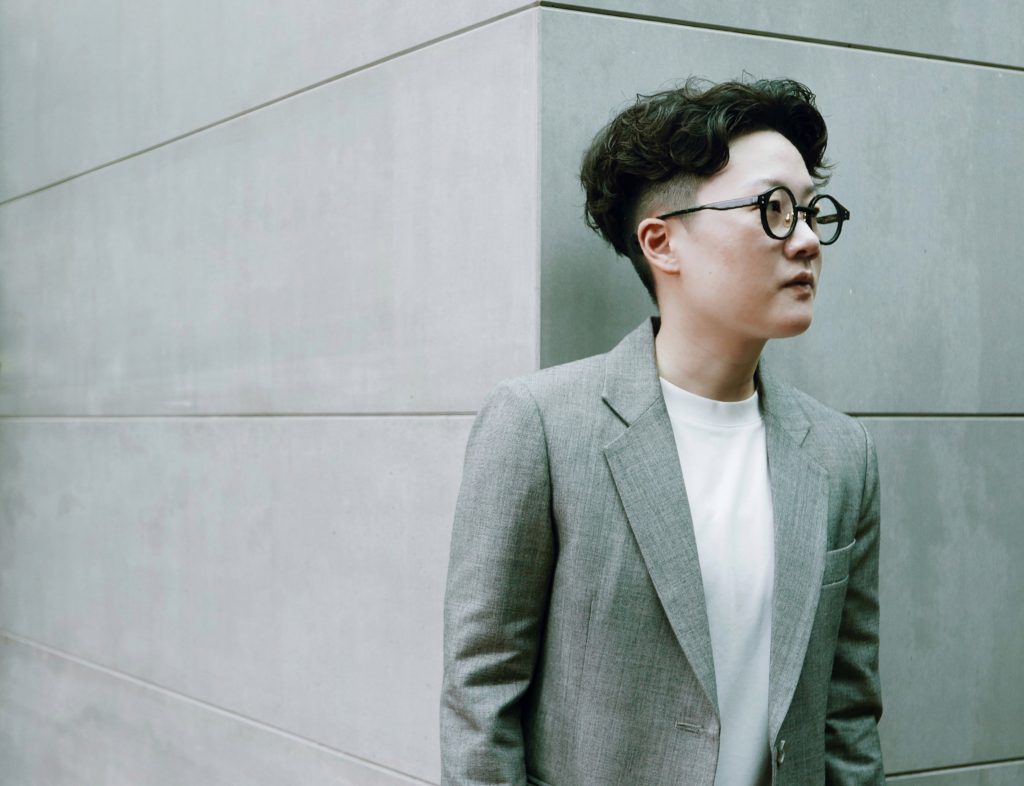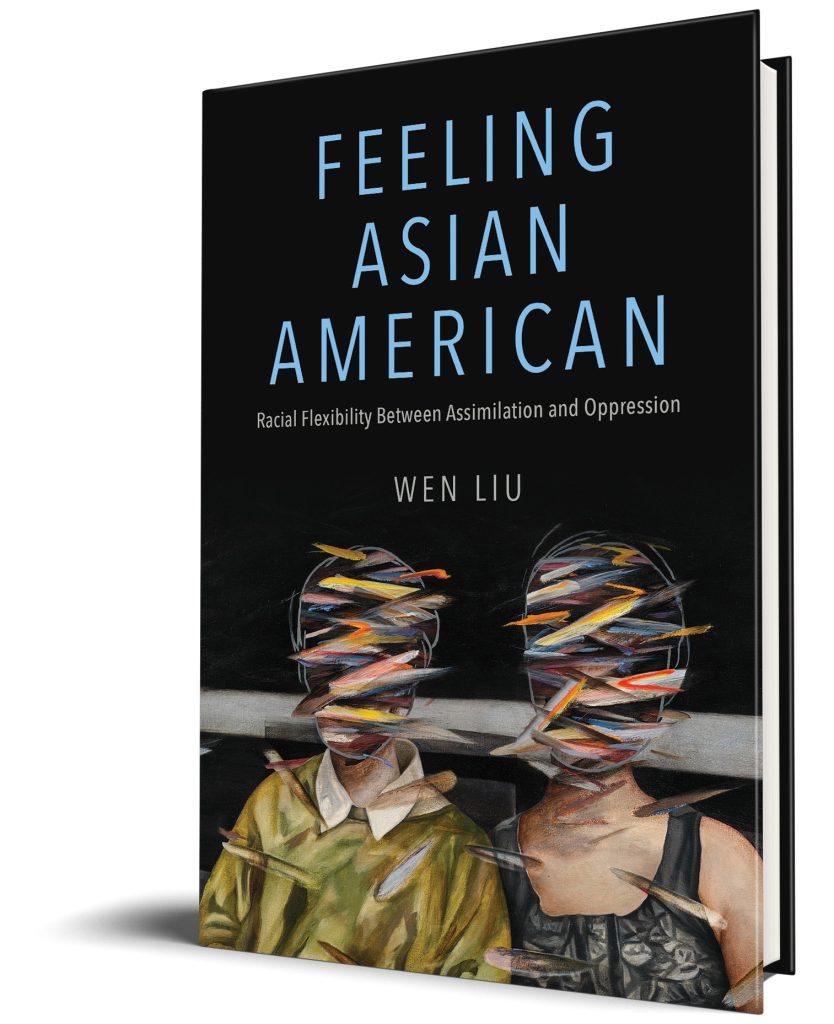Wen Liu, the author of Feeling Asian American: Racial Flexibility Between Assimilation and Oppression, answers questions on her new book.
Q: Why did you decide to write this book?
As an Asian immigrant growing up in the US, I always wondered how Asian Americans can be simultaneously seen as ultra-successful populations and racial and cultural outsiders. We see them being represented as the embodiment of moving capital (such as in Crazy Rich Asians) and the most stereotypical “foreign Other” tropes who cannot fit into the US mainstream society. In my research, I realized that such polarization of Asian American imagination does not come from a “representational issue,” meaning that it is just a sampling or demography issue among Asian American groups. As many liberal discourse emphasizes, only if we “represent Asian Americans” better, including the marginalized ethnicity or class, then we will get a fuller picture. Rather, such racial flexibility of Asian Americans is equally demanded by the US governmentality and Asian American subject themselves. More specifically, racial flexibility allows for an oscillation between assimilation and oppression–the Asian American can act like Whites but also demonstrate experiences of oppression like Blacks.
Q: What myths do you hope your book will dispel or what do you hope your book will help readers unlearn?
My argument for the book is simple: _Asian Americans are not a coherent racial population_, but it’s made so through the psychological technologies of “racecraft.” These technologies aim to demonstrate the racial elasticity of the Asian American mind, including cultural essentialism, democratic governmentality, acculturability, white ascendancy, and unconscious microaggression. They help construct a flexible racial identity that can demonstrate the wide range of cognitive styles, cultural practices, and, most importantly, race elasticity for the postwar USA as it strives to become a multicultural democracy.
Asian Americanness can only be _felt_, because their history is too diverged by different wars, migration patterns, and class makeups. However, what has been consistent is a sense of what Cathy Park Hong articulates as “minor feelings”–or “non-cathartic states of emotion” that “occur when American optimism is enforced upon you, which contradicts your own racialized reality, thereby creating a static cognitive dissonance.” The feelings congealed into a consistent narrative of what I term “racial injury.” As anti-Asian violence broke up during COVID-19, we see protestors holding signs that say “Chinese Exclusion Act / Japanese Internment / Trump Calls Us Kong Flu.” This is precisely the narrative of racial injury that solidifies a coherent identity of Asian Americanness. While such a narrative can be powerful in forming a sense of racial solidarity and racial history, it can also become an obstacle for Asian Americans to dissect the more complex questions of internal power differences, the indigenous-alien-settler positions, and the constructed Black-Asian conflict/solidarity.
My book thus examines the psychological history of Asian Americanness, and two contemporary political cases of Black Lives Matter and Anti-Asian Hate to see how Asian Americanness congeals and fractures. I argue that it is inadequate to only look at Asian Americanness via a racial lens but also a geopolitical one, as the sense of racial injury of some Asian Americans by the US society is more and more likely to be projected on the rise of China, especially when US-China rivalry becomes intensified. The emergence of Qiao Collective, Code Pink, and the general rise of Maoist nostalgia among the left-leaning Asian American communities, if without a critical examination of iter-Asia dynamics and only fixated on the critique of the US empire, can lead to very problematic political subjectivities that would in fact create new forms of essentialism and dismissing progressive voice against authoritarianism from Asia.
Q: Which part of the publishing process did you find the most interesting?
I wouldn’t necessarily call this process interesting, but I wrote and revised during COVID-19 and moved for a different job from the US to Taiwan. This global event influenced a lot of my analysis. In fact, Chapter 3 of the book mainly centers on anti-Asian hate politics, which is entirely new due to my observations of how Asian American subjectivity and politics shifted during this time. There are also many news works on Asian American identity that have emerged since COVID-19. It gets me excited, and I want to be in conversation with the new discourses.
Q: What is your advice to scholars/authors who want to take on a similar project?
Read widely. Find interdisciplinary connections. Most importantly, what helps me through the long process of writing is trusting my initial haunch. Although the shape of the final monograph is quite different from its original form (my doctoral dissertation), the throughline of my argument comes from the very first question I have about the subject: How do Asian Americans, widely diverse ethnic, linguistic, cultural, and political groups, become a racial population? What does psychology have to do with it?

Wen Liu is an assistant research fellow at the Institute of Ethnology, Academia Sinica, Taiwan.

